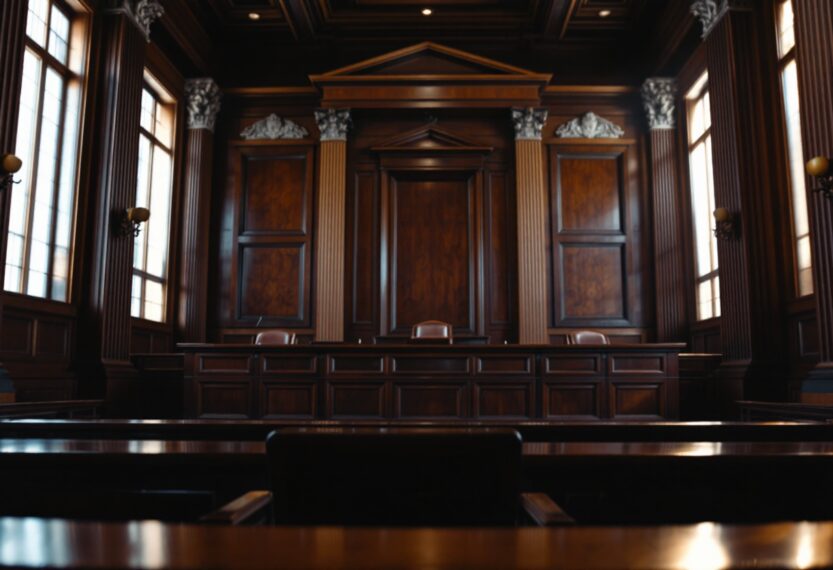Harvey Weinstein’s new trial: A closer look at the implications
The legal saga surrounding Harvey Weinstein continues to unfold as he faces a new trial for sexual assault in New York. This retrial comes after the New York Court of Appeals overturned his previous conviction, citing significant judicial errors. The implications of this retrial extend beyond the courtroom, touching on societal attitudes towards sexual misconduct and the #MeToo movement.
Background of the case
Harvey Weinstein, once a titan of the film industry, was convicted in 2020 of two felony sex crimes, leading to a 23-year prison sentence. His downfall began in 2017, when numerous allegations of sexual harassment and assault surfaced, igniting the #MeToo movement. The recent decision by the New York Court of Appeals to overturn his conviction has reignited public interest and debate surrounding his case.
During the upcoming trial, jurors will hear testimonies from previous accusers, including Jessica Mann and Miriam “Mimi” Haley, alongside a new accuser who alleges an incident dating back to 2006. This new testimony is crucial, as it adds another layer to the already complex narrative of Weinstein’s alleged crimes.
Legal implications of the retrial
The retrial poses significant legal questions regarding the admissibility of evidence and the standards for proving sexual assault. The prosecution’s strategy will likely focus on establishing a pattern of behavior, while the defense aims to challenge the credibility of the witnesses. The outcome of this trial could set precedents for future sexual assault cases, particularly in how courts handle allegations that span several years and involve multiple victims.
Moreover, the trial’s proceedings will be closely monitored, not only for its legal ramifications but also for its potential impact on public perception of sexual misconduct. The #MeToo movement has already reshaped conversations around consent and accountability, and this retrial could further influence societal norms and expectations regarding such cases.
Societal impact and public perception
The public’s reaction to Weinstein’s retrial is indicative of broader societal attitudes towards sexual assault and the justice system. Many view this trial as a litmus test for the progress made since the #MeToo movement gained momentum. The outcome may either reinforce or challenge the belief that powerful individuals can be held accountable for their actions.
As the trial unfolds, it will be essential to observe how media coverage shapes public discourse. The portrayal of victims and the framing of the trial’s narrative will play a critical role in influencing public opinion. Additionally, the trial serves as a reminder of the ongoing struggle for justice faced by survivors of sexual violence, highlighting the need for continued advocacy and reform within the legal system.
Conclusion
As Harvey Weinstein’s retrial commences, it stands as a pivotal moment in the ongoing dialogue about sexual misconduct, power dynamics, and accountability. The implications of this case extend far beyond the courtroom, resonating within the fabric of society and challenging us to confront uncomfortable truths about justice and equity.

